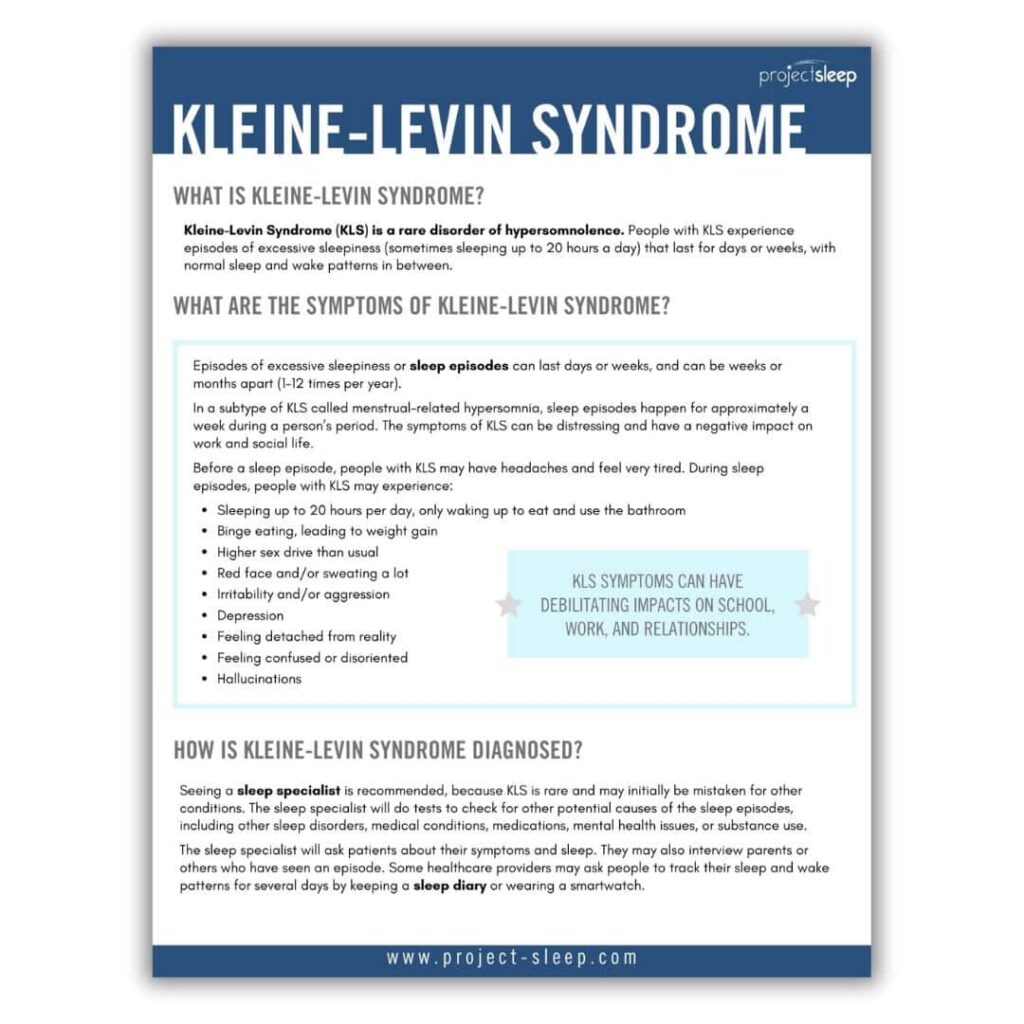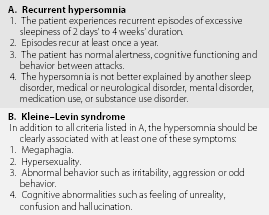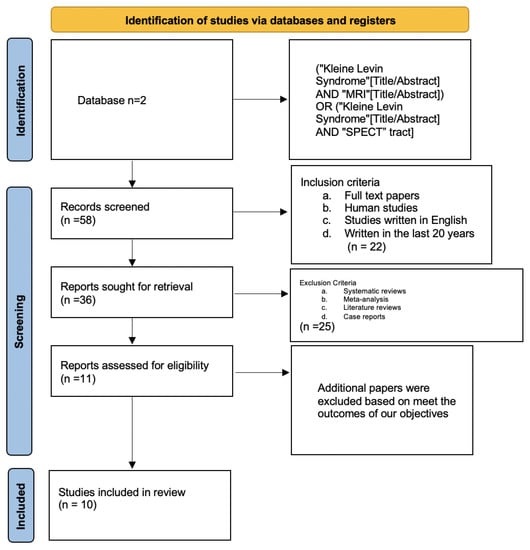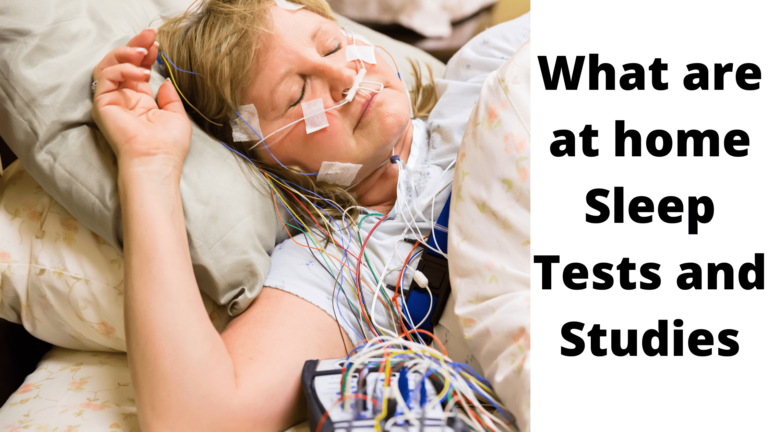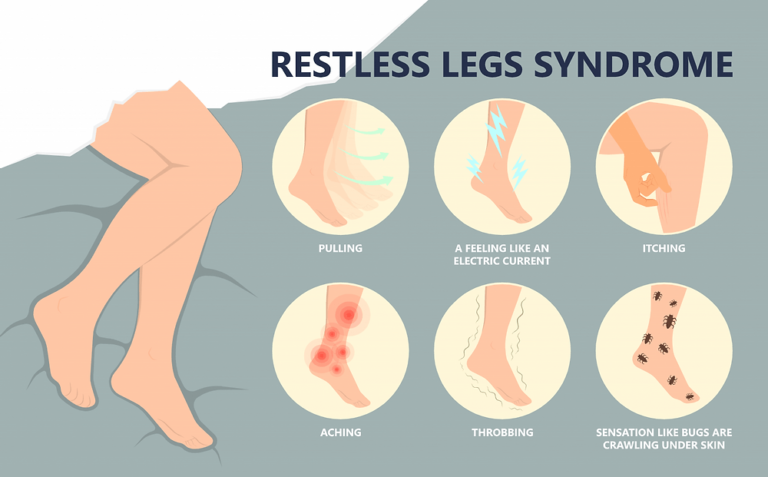Understanding Sleep Disorders: What is Kleine Levin Syndrome?
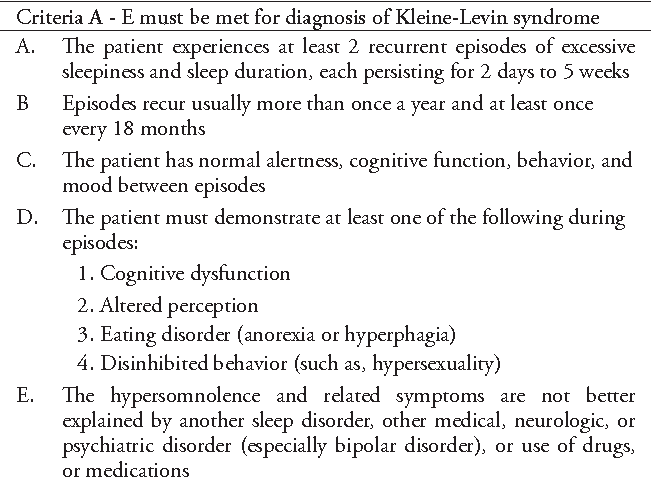
Understanding Sleep Disorders: What is Kleine Levin Syndrome? If you’re struggling with sleep disorders in today’s fast-paced world, you’re not alone. These conditions can negatively impact your health and productivity, increasing the risk of serious issues like sleep apnea and restless leg syndrome. That’s why the Vector Sleep Clinic is here to help. By offering a comprehensive approach to diagnosing and treating various sleep disorders, including Kleine Levin Syndrome, we aim to provide our patients with restful and uninterrupted nights of sleep. Ignoring these issues can lead to heart attacks, strokes, high blood pressure, car accidents, problems at home or work, sexual dysfunction, and even obesity. Prioritize your rest and unlock the magic of rejuvenation with Vector Sleep Clinic.
This image is property of project-sleep.com.
Overview of Sleep Disorders
Sleep disorders are a common problem affecting many individuals, leading to significant impacts on their health and daily life. These disorders are characterized by disturbances in sleep patterns, causing difficulties in falling asleep, staying asleep, or experiencing excessive sleepiness during wakeful hours. They can be caused by various factors, including medical conditions, lifestyle choices, and environmental factors.
Sleep disorders are significant due to their impact on overall health and well-being. Lack of quality sleep can lead to a range of health problems, including cardiovascular disease, obesity, diabetes, and mental health conditions such as depression and anxiety. Additionally, sleep disorders can impair cognitive function, affecting memory, concentration, and decision-making abilities. In daily life, these disorders can result in daytime fatigue, decreased productivity, and strained relationships.
Common types of sleep disorders include insomnia, sleep apnea, restless leg syndrome, narcolepsy, and Kleine-Levin Syndrome (KLS). Each disorder has its own unique set of symptoms and treatment options, requiring specialized care and management.
Introduction to Kleine-Levin Syndrome
Kleine-Levin Syndrome (KLS) is a rare sleep disorder characterized by recurring episodes of excessive sleepiness, cognitive and mood disturbances, and changes in appetite and sexual behavior. It was first identified in the early 20th century by Willi Kleine and Max Levin, who described a group of patients exhibiting similar symptoms.
The prevalence of KLS is estimated to be around one to two cases per million individuals, making it an incredibly rare disorder. It primarily affects adolescents and young adults, with the first episode typically occurring during adolescence. Although the exact cause of KLS is unknown, research suggests that it may have a genetic component, as some individuals have a family history of the disorder.
Symptoms of Kleine-Levin Syndrome
The main symptom of KLS is excessive sleepiness, often lasting for days or even weeks. During these sleep episodes, individuals may sleep for extended periods, sometimes up to 20 hours a day. They may have difficulty waking up and may feel disoriented, groggy, and confused when awake.
Cognitive and mood disturbances are also common in individuals with KLS. They may experience difficulties with memory, concentration, and decision-making. Mood swings, irritability, and depression are also frequently reported symptoms. Changes in appetite, often leading to increased food intake or cravings for specific foods, and alterations in sexual behavior, such as decreased interest or hypersexuality, may also occur during KLS episodes.
The pattern and duration of KLS episodes vary between individuals. Some may have recurrent episodes over several years, while others may have longer periods of remission between episodes. Generally, the onset of KLS episodes is sudden and unpredictable, and their duration can range from a few days to several weeks.
Causes and Risk Factors
The exact causes of KLS remain unknown, but current understanding suggests a combination of genetic predispositions, environmental factors, and potential triggers for symptomatic episodes. Several studies have identified genetic mutations and variations that may be associated with an increased risk of developing KLS. However, more research is needed to fully understand the genetic mechanisms involved.
Environmental and lifestyle factors may also contribute to the development of KLS. Stress, infections, and hormonal imbalances have been hypothesized as potential triggers for KLS episodes. However, more research is needed to determine their exact role in the onset and progression of the disorder.
This image is property of www.dovepress.com.
Diagnosis Process
Diagnosing KLS can be challenging due to its rarity and the similarity of symptoms to other sleep disorders and psychiatric conditions. However, specific diagnostic criteria have been established to aid in the identification of KLS. These criteria typically include the presence of recurrent and episodic excessive sleepiness, cognitive and mood disturbances, and changes in appetite and sexual behavior, with no alternative explanation for these symptoms.
A comprehensive medical history is crucial in the diagnosis of KLS. Information about the frequency, duration, and pattern of sleep episodes, as well as any potential triggers or family history, can provide valuable insights for healthcare providers. Sleep studies, such as polysomnography, may also be conducted to assess sleep patterns and rule out other sleep disorders.
Differential diagnosis is essential to exclude other sleep disorders or medical conditions that may present with similar symptoms. This may involve additional tests and evaluations conducted by various specialists, such as neurologists and psychiatrists.
Treatment Options
Currently, there is no known cure for KLS, and treatment focuses on managing symptoms and improving quality of life during symptomatic episodes. Medications such as stimulants, mood stabilizers, and antidepressants may be prescribed to help alleviate excessive sleepiness, cognitive disturbances, and mood swings.
Lifestyle modifications and coping strategies are also crucial in managing KLS. Maintaining a regular sleep schedule, practicing good sleep hygiene, and managing stress levels can help regulate sleep patterns and reduce the frequency and severity of episodes. Additionally, patients are encouraged to seek support from healthcare providers, as well as join support groups and networks to connect with others facing similar challenges.
This image is property of static.cambridge.org.
Living with Kleine-Levin Syndrome
Living with KLS can present various challenges in daily life. The unpredictable nature of sleep episodes can result in difficulties attending school or work regularly, affecting educational and occupational goals. It is essential for individuals with KLS to communicate their condition with teachers, employers, and colleagues and seek appropriate accommodations when necessary.
Support groups and resources play a vital role in helping individuals with KLS and their families navigate the challenges of the disorder. These networks provide a sense of understanding, empathy, and shared experiences, offering emotional support and valuable information about managing the condition.
Managing relationships and social interactions may also require adjustments due to the episodic nature of KLS. Open communication, understanding, and flexibility from friends, family, and partners are crucial in maintaining healthy and supportive relationships.
Recent Research and Developments
Though KLS is a rare disorder, ongoing research is being conducted to deepen our understanding of its causes, diagnosis, and treatment options. Current research focuses on genetic studies, aiming to identify specific genes or genetic markers associated with an increased risk of KLS. Greater understanding of the genetic mechanisms involved may lead to more targeted treatment approaches in the future.
Emerging theories and models aim to explain the underlying mechanisms of KLS, including dysregulation of neural networks and abnormalities in brain structures. These theories provide potential avenues for further research, paving the way for future advancements in our understanding and management of the disorder.
This image is property of pub.mdpi-res.com.
Patient and Family Education
Educating patients and their families about KLS is crucial in providing them with the knowledge and skills necessary to manage the condition effectively. Resources such as educational materials, websites, and support groups can provide valuable information about the disorder, treatment options, coping strategies, and available support networks.
Developing a comprehensive care plan in collaboration with healthcare providers is essential for individuals with KLS. This plan should address the specific needs and challenges faced by each patient, including medication management, lifestyle modifications, and strategies for managing symptomatic episodes. It is important for patients and their families to actively participate in the development of the care plan and communicate any concerns or changes in symptoms to their healthcare team.
Coping strategies for both patients and caregivers play a vital role in managing the impact of KLS. Learning stress management techniques, improving sleep hygiene, and exploring relaxation techniques can help individuals with KLS better cope with the challenges they face on a daily basis. Caregivers should also prioritize self-care, seek support from others, and practice patience and understanding.
Conclusion
In conclusion, Kleine-Levin Syndrome is a rare sleep disorder characterized by recurring episodes of excessive sleepiness, cognitive disturbances, and changes in behavior. Although the exact causes of KLS remain unknown, ongoing research is shedding light on its genetic and environmental influences. Diagnosing KLS can be challenging, but with a comprehensive medical history and appropriate diagnostic tests, healthcare providers can identify and differentiate the disorder from other conditions.
While there is no cure for KLS, treatment focuses on managing symptoms and improving quality of life during symptomatic episodes. Medications, lifestyle modifications, and support from healthcare providers and support networks are essential in providing effective care for individuals with KLS. Patient and family education play a vital role in understanding the disorder, developing comprehensive care plans, and implementing coping strategies.
By raising awareness, supporting ongoing research, and providing appropriate resources and support, we can enhance the quality of life for individuals living with Kleine-Levin Syndrome and their families. Together, we can strive for improved recognition, intervention, and understanding of this rare sleep disorder.

This image is property of d3i71xaburhd42.cloudfront.net.

